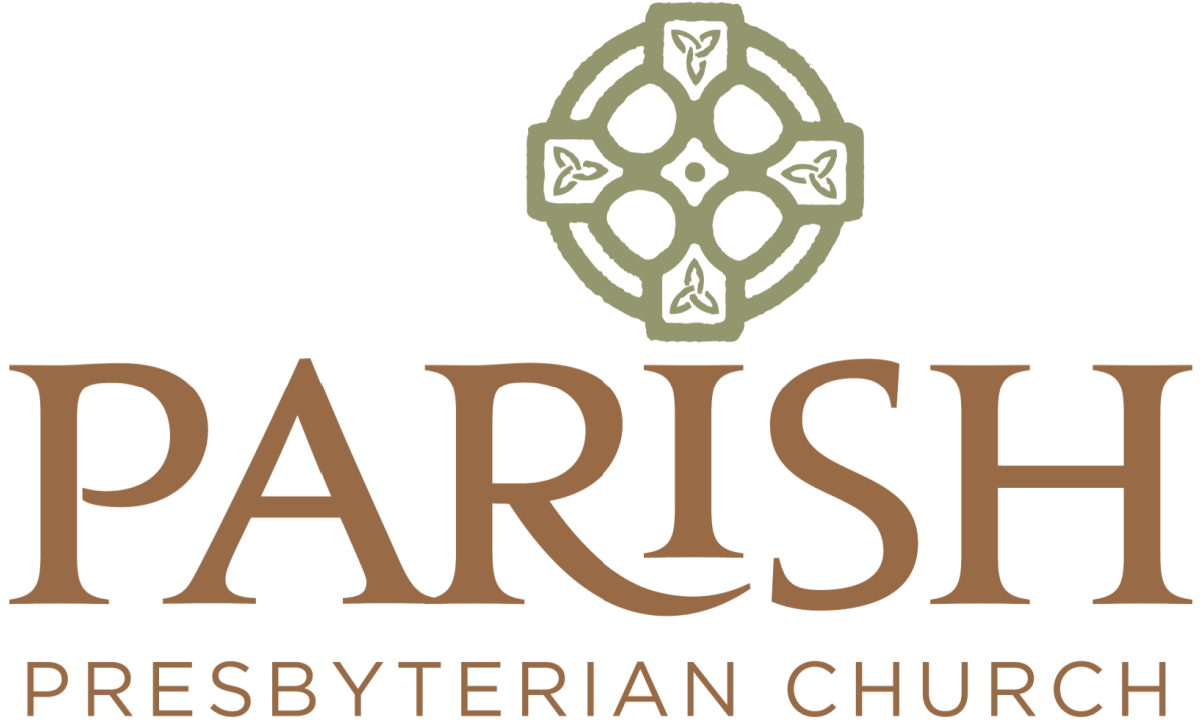Isn’t it interesting that when Mordecai first learns of the edict to annihilate his people at the beginning of Esther 4, his first impulse is to take up the garments of repentance? Before pleading with Esther to intercede with the King, Mordecai cries out to the Lord. We’ll be imitating this repentant posture often in the service this morning. We directly address God in psalms and hymns such as Blest Be The Lord, My Rock My Might (Psalm 144), Jesus, Shepherd Of Thy People, O Come, O Come Emmanuel, and O God, Our Help In Ages Past. We confess our own wretchedness (“we are weak and poor and feeble”) and look to Him for aid (“draw the quarry from the lion’s claw”; “Be Thou our guard while troubles last”). But while it is right to lament our own sins and confess our need of a Savior, we are not left without hope, sitting at the entrance to the gate in sackcloth and ashes. Scriptures like Psalm 28 and 2 Timothy 2 remind us that the Lord “has heard the voice of my pleas for mercy,” and even “if we are faithless, He yet remains faithful.” As we’ll sing in the old hymn Come Ye Sinners, Poor And Needy, we have a mediator in
Jesus, who “ready stands to save you, full of pity, love, and power.” —Henry C. Haffner
Key Words: Sackcloth, Fasting, Weeping, Destruction, Beg, Death, Scepter
Keystone Verse: Who knows whether you have not come to the kingdom for such a time as this? (Esther 4:14)

